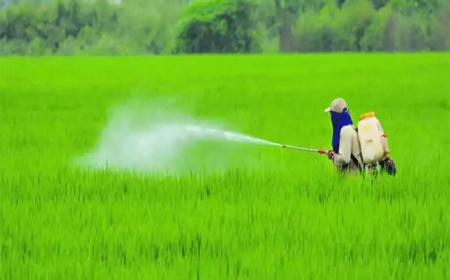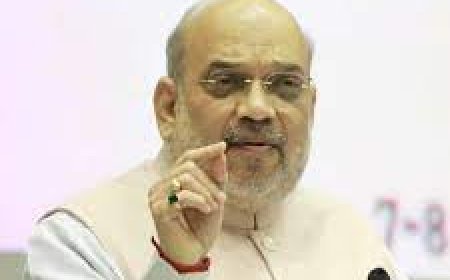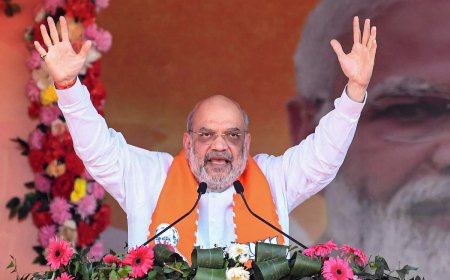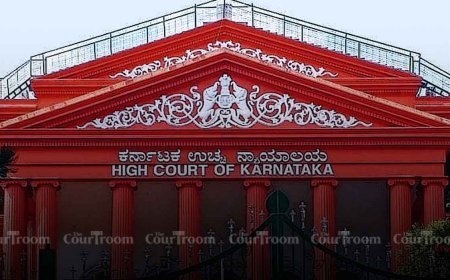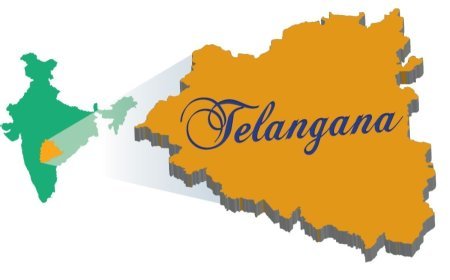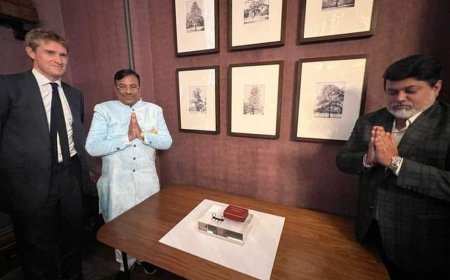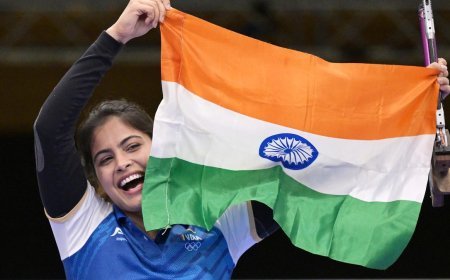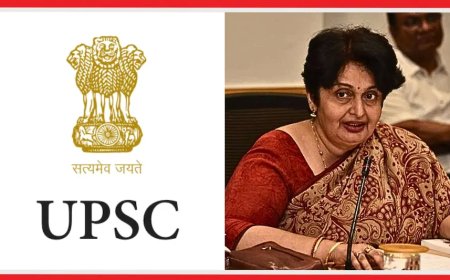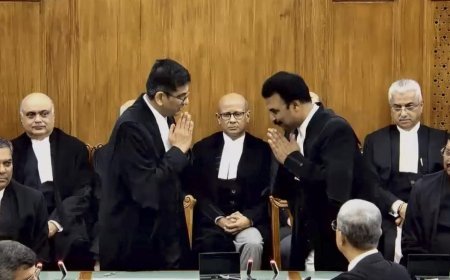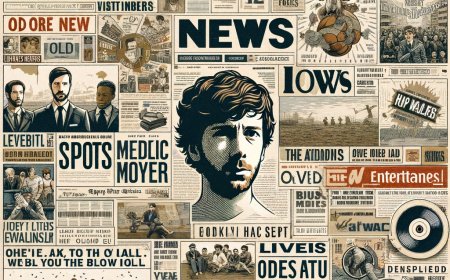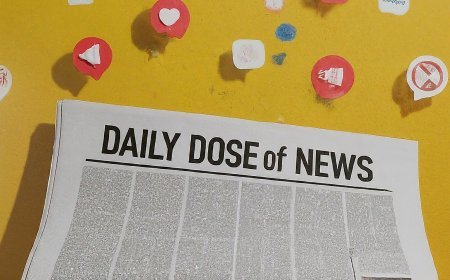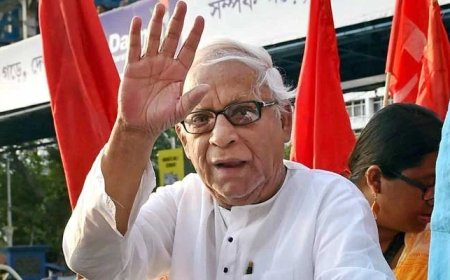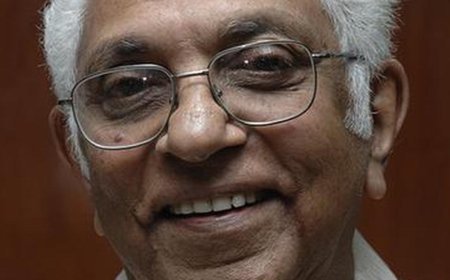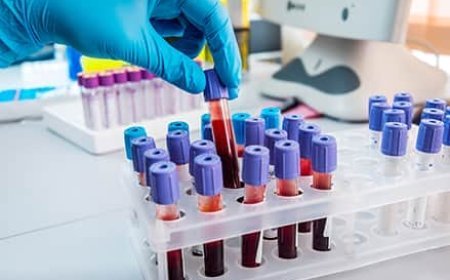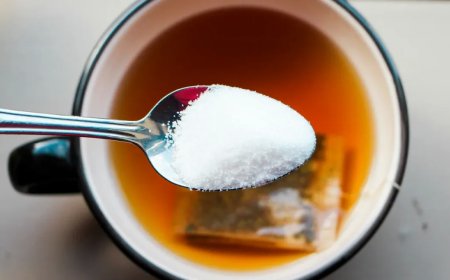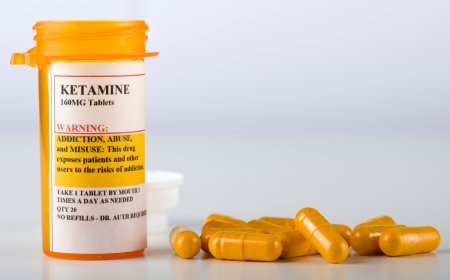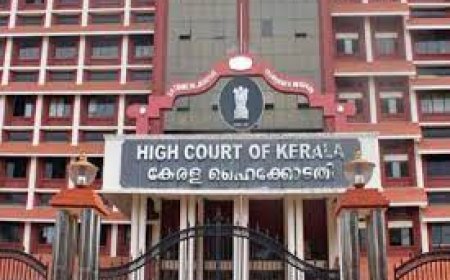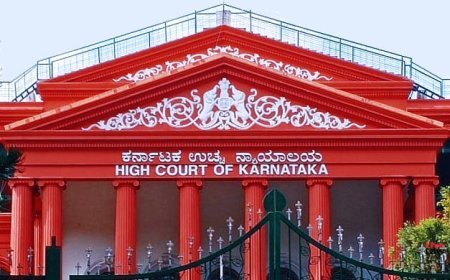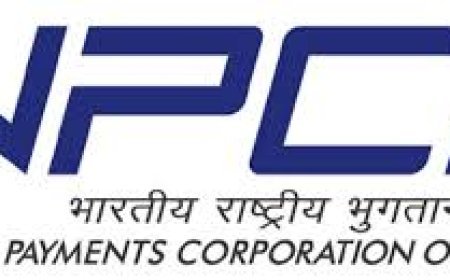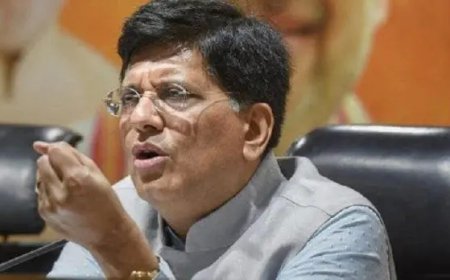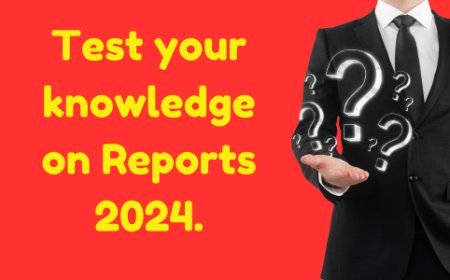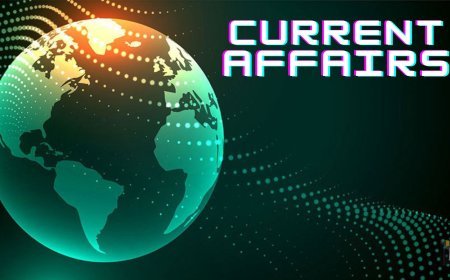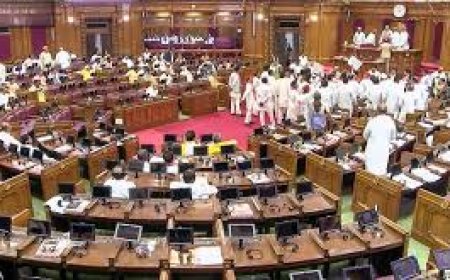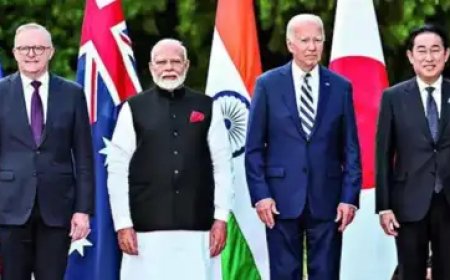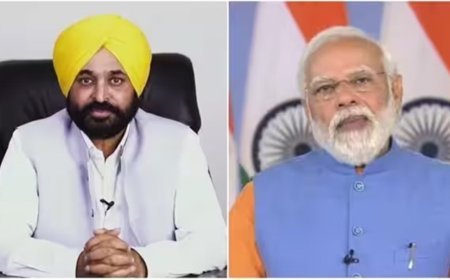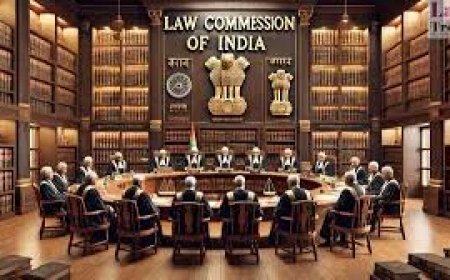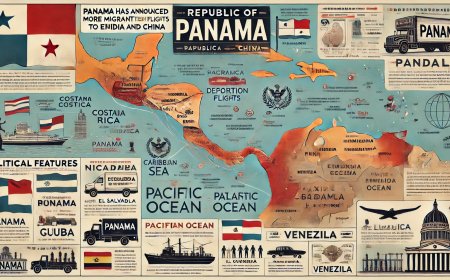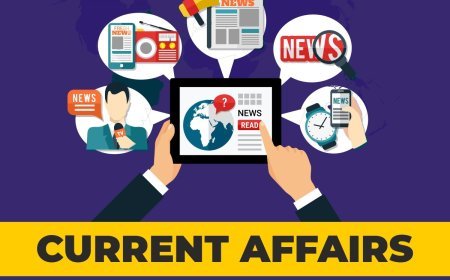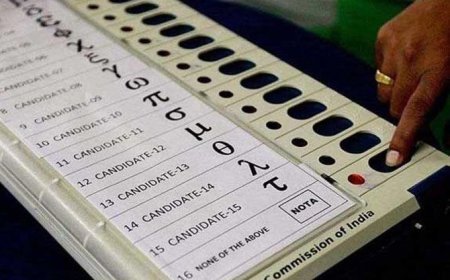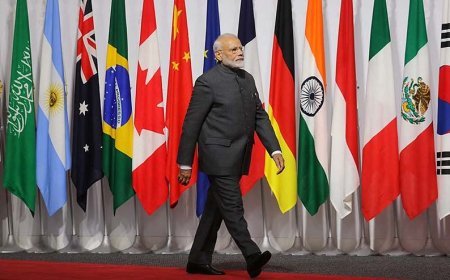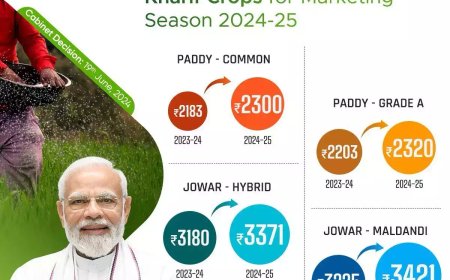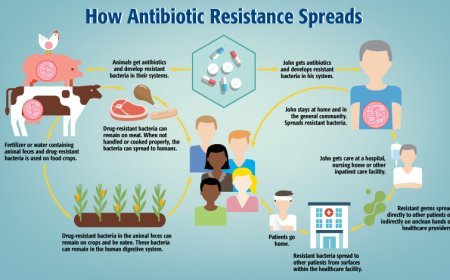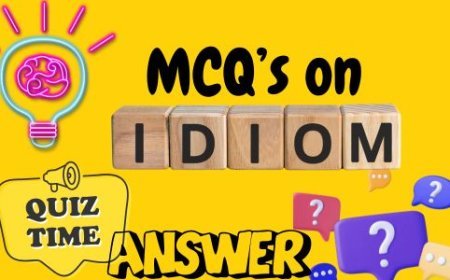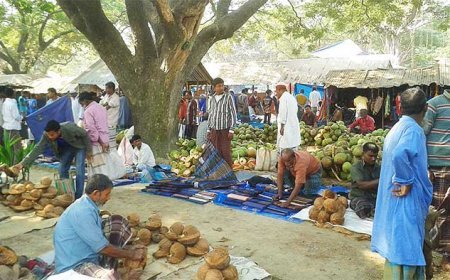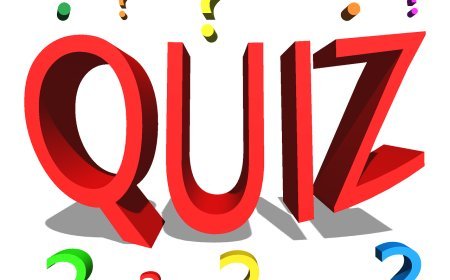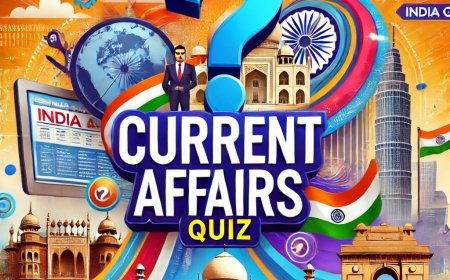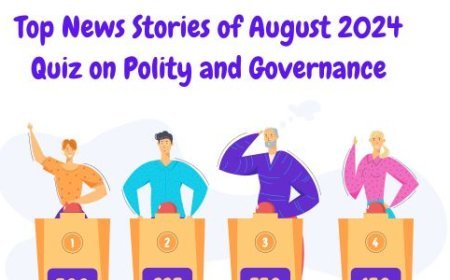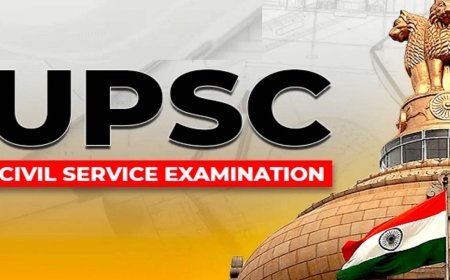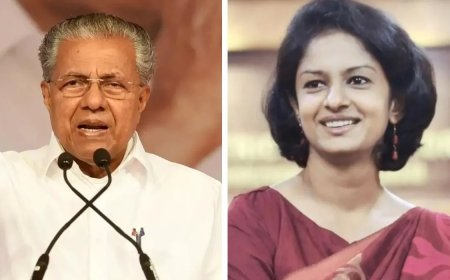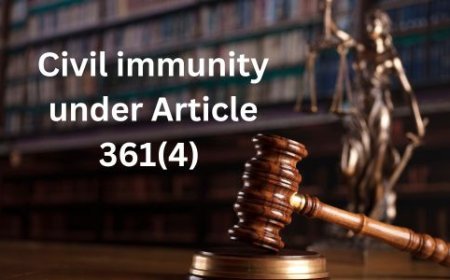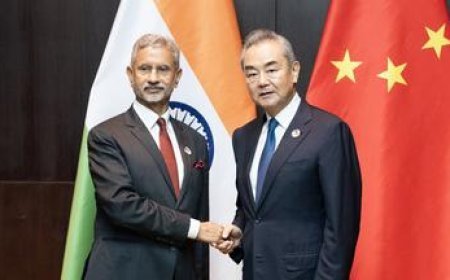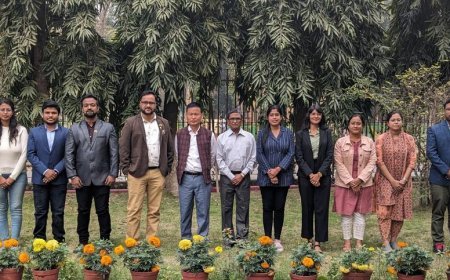Idioms and phrases from THE HINDU editorial “By another name: On misleading advertisements, fake medicine”

Idioms and phrases from THE HINDU editorial “By another name: On misleading advertisements, fake medicine”
On August 27, a Bench of the Supreme Court of India found itself reaching, once again, for idioms over a matter involving misleading advertisements of ayurveda, siddha, and unani products. Earlier this year, another Bench had concluded proceedings against Patanjali Ayurved over its defiance of an order to not publicise unproven or unprovable medicinal claims attached to its products. Towards the end of that matter, various State-level regulatory agencies were finally roused to act against Patanjali Ayurved over these claims while the Court ordered it to publish media advertisements apologising for its actions. While the responses of the State bodies to the company are still evolving, the Court’s own verdict seemed to embody a belief that nothing more could be done — and this belief casts the Court’s current ire against the Ministry of AYUSH in a particular light. India’s drug manufacturers and regulators are caught between ensuring high quality, which leads to higher manufacturing costs, while keeping consumer prices down so that patients can access the drugs they need. Unfortunately, neither regulators nor manufacturers have navigated this tension in the patients’ favour. The AYUSH Ministry’s actions have further complicated this scenario by allowing businesses to register all sorts of products as “Ayurvedic” (as illustrated in the case of its licence, and later cancelled, to a Bengaluru-based company to sell milk as “Ayurvedic proprietary medicine”) and by attempting to evade existing quality rules, presumably to grease the wheels of businesses.
With the Ministry’s cynical attempt now to sidestep Rule 170 of the Drugs and Cosmetics Rules 1945, which penalises misleading advertisements of ayurveda, siddha, and unani products, the Court confronts an old tendency in a new disguise. Public apologies and post facto action by regulatory bodies may have been the end of the line against one company. The Court may also seem sated by a demand, as it spelled out in its May 7 order, that all advertisers self-declare that they will not publish misleading advertisements. But similar concessionary measures will falter against a Ministry. Medicine quality and manufacturer inspections are disuniform, more so in the alternative medicines space, and regulating advertisements has emerged as a last-ditch backstop against bad products entering the market. In the face of progressively weakening protections against what is ultimately fake medicine, the most preferred outcome in the present matter would be for the Court to look at past declarations — self-made or otherwise — and into rectifying the quality-control regime, particularly to empower it, protect it from political capture, and bring alternative medicines under its purview.
1. Reach for idioms
Meaning: To use figurative language or expressions, often to emphasize or explain a complex issue.
Example: "The speaker reached for idioms to convey the seriousness of the situation."
2. Grease the wheels
Meaning: To make something operate smoothly or more efficiently, often by using unethical means such as bribery.
Example: "The businessman was accused of greasing the wheels to secure government contracts."
3. Sidestep
Meaning: To avoid or evade an issue, question, or responsibility, often by maneuvering around it.
Example: "The politician sidestepped the question about his involvement in the scandal."
4. End of the line
Meaning: The final point or conclusion of something, often indicating that no further action can be taken.
Example: "After years of appeals, the court's decision marked the end of the line for the case."
5. Self-declare
Meaning: To state or announce something about oneself without external validation or verification.
Example: "The company was required to self-declare that its products met safety standards."
6. Last-ditch backstop
Meaning: A final or desperate measure taken to prevent something undesirable from happening.
Example: "The new law serves as a last-ditch backstop against financial fraud."
7. In a new disguise
Meaning: An old issue or problem presented in a different form or appearance.
Example: "The corruption scandal reappeared in a new disguise, with different players involved."
8. Political capture
Meaning: The control or undue influence exerted by political forces over institutions or processes that are meant to be impartial.
Example: "The investigation was hampered by political capture, preventing a fair outcome."
What's Your Reaction?







